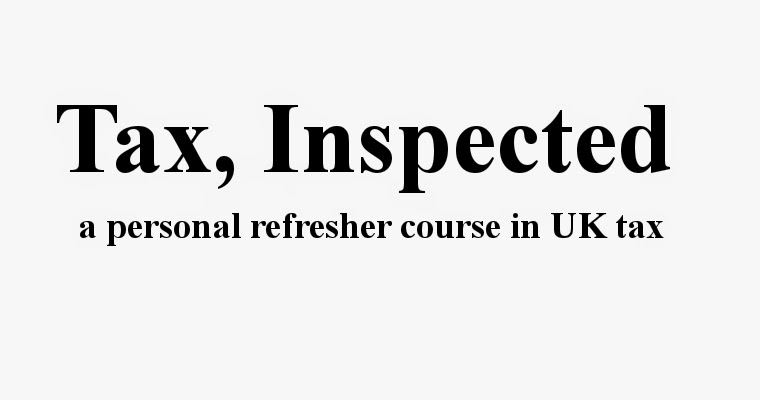The starting point
As ever the starting point for calculating taxable profits is the net profit before tax from the statutory accounts.
Adjustments
The first adjustment to be made is to add to the net profit figure any expenditure not allowable for tax purposes. This can be a long list of items but the major items to look out for are:
- Depreciation
- Capital expenditure
- Entertainment expenses
- Personal expenditure
- Gift aid donations (relief is given by deduction from total profits)
- Dividend payments
- Profit on sale of capital assets (will be taxed as a capital gain)
- Dividend income
We then also need to include and capital gains.
Finally losses (current year and those from previous years) may be used to reduce the taxable profits (in a group of companies losses from other group companies may also be available). Again the rules on losses are a bit complicated so I'll post on these separately.
Having done all the above, you arrive at taxable profits. You can then apply the appropriate corporation tax rate and calculate the company's tax liability for the period. EASY!
Next up it will be capital allowances and then the use of losses.
